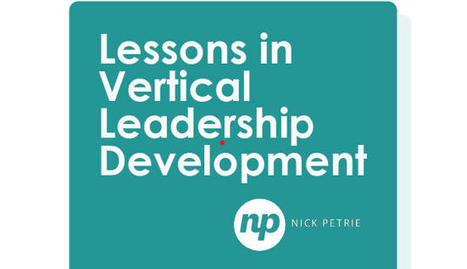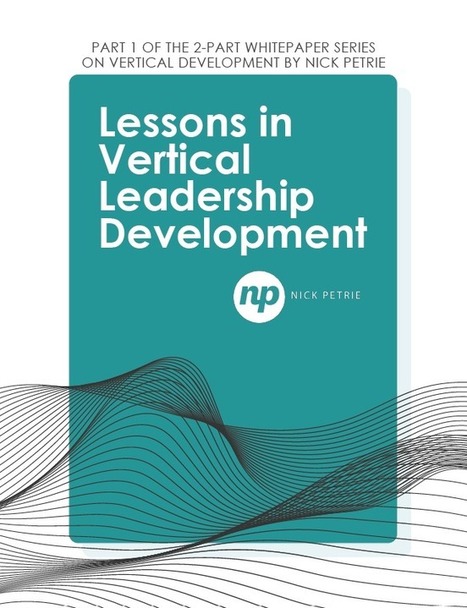Passcode: 9&=8DAZI
Research and publish the best content.
Get Started for FREE
Sign up with Facebook Sign up with X
I don't have a Facebook or a X account
Already have an account: Login
 Your new post is loading... Your new post is loading...
 Your new post is loading... Your new post is loading...
|
|















Two case studies exploring how Tennis Australia and Aurecon have used adult (vertical) development to support leadership development